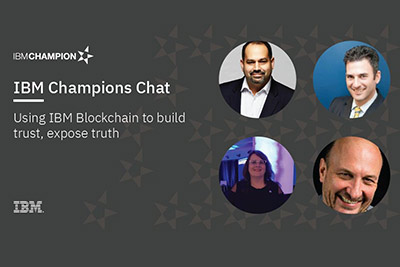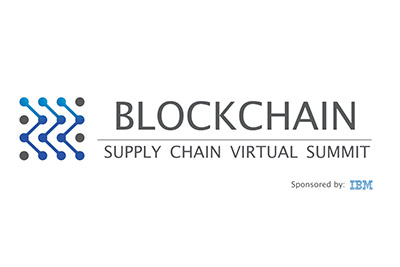 When you ask people what they know about blockchain, most reply with a blank stare. Many that have heard of it immediately mention Bitcoin. Although, blockchain and Bitcoin are connected, the belief that blockchain is Bitcoin (or vice versa) is extremely short sighted. Simply stated, Bitcoin does not work without blockchain, but Bitcoin is only scratching the surface on Blockchain’s capabilities and limitless future uses.
When you ask people what they know about blockchain, most reply with a blank stare. Many that have heard of it immediately mention Bitcoin. Although, blockchain and Bitcoin are connected, the belief that blockchain is Bitcoin (or vice versa) is extremely short sighted. Simply stated, Bitcoin does not work without blockchain, but Bitcoin is only scratching the surface on Blockchain’s capabilities and limitless future uses.
So, what is blockchain? Blockchain is a decentralized and distributed digital ledger. Rules are established from the onset and they become permanent within the blockchain. The transactions and changes to the ledger are approved by multiple computers across the network. For any changes to be made, they must be agreed upon by all computers on this network thus making it nearly impossible to hack. This creates a system where the more computers that are attached to this blockchain, the more secure it becomes. This makes blockchain the perfect vehicle for safely exchanging assets (such as financial holdings) and tracking that chain of custody. For these reasons, blockchain allows Bitcoin (or any crypto-currency) to be safely transferred from one person to another without fear of it being stolen.
For now, put aside the connection between bitcoin and blockchain and let’s focus on the concept of a secure digital ledger. Safely exchanging and tracking documents is a function that is crucial in almost every industry. We can imagine these secure chain of custody transfers taking place in law firms, medical practices, consumer products companies, shipping, even college applications. Pretty much any type of business that has partners and desires to share assets with them consistently will eventually make the move to blockchain.
For those who are not jumping into this current Bitcoin craze, blockchain is still going to have a major impact on how their business is conducted in the future. For many household named companies, their future is now. Using strategic partners or even industry competitors on a shared blockchain is already being done in many areas. As mentioned, the blockchain becomes more powerful and effective with multiple entities being connected to it. What many industries are doing is forming consortiums with some of the largest players in their line of business. The MediLedger Project is an up and running blockchain consortium consisting of some of the largest pharmaceutical companies in the world. Pfizer, Genetech, and others all agreed that there was a major issue of drug counterfeiting. By establishing a consortium, the drugs can now be safely monitored and tracked from the manufacturer all the way to the patient. This blockchain will show the movement of the drug through each touch point along the supply chain so that there will never be a question of where this particular pharmaceutical originated or where it has been. A few weeks ago, UPS joined the Blockchain in Transport Alliance (BiTA). BiTA is a consortium made up of hundreds of the most prominent shipping and trucking organizations in the world. They recognized a need to create standards in the shipping industry and a collaborative blockchain was a logical solution for this. It will help with the safe tracking and delivery of all products throughout the world.
Quite possibly, the most exciting use of real world blockchain may be coming from the most surprising of places. While many companies and consumers loathe the retail giant Walmart, blockchain enthusiasts are applauding their forward thinking embrace of the technology. Walmart has come together with nine of their largest food companies to create a blockchain network. This includes Unilever, Dole, Nestle and many others. By requiring these companies to be on their platform, Walmart is providing its customers with a level of transparency that is rarely seen in any big box retailer. It will not be long before a customer will be able to use an app on their mobile device to see exactly when and where a piece of fruit was picked and shipped, find out what farm their hamburgers originated, or discover how long a can of tuna has been sitting on the shelf. This creative use of blockchain will help pave the way for retailers to have a better understanding of their supply chain as well as their products originations.
Those that love the crypto-currency craze sweeping the world may not even understand the most exciting piece of their investment. Making a few extra bucks is always great, but getting in on the ground floor of, arguably, the most revolutionary innovation in technology over the past thirty years is a completely different story. You probably know about Bitcoin. You may have heard about blockchain. But, soon enough it will be a part of our everyday lives…even if we aren’t aware of it. For a quick reference, ask yourself back in 1995, “What do I know about this internet thing?”
Visit our blockchain services page to see how Chateaux has helped myriad businesses using blockchain technology.








